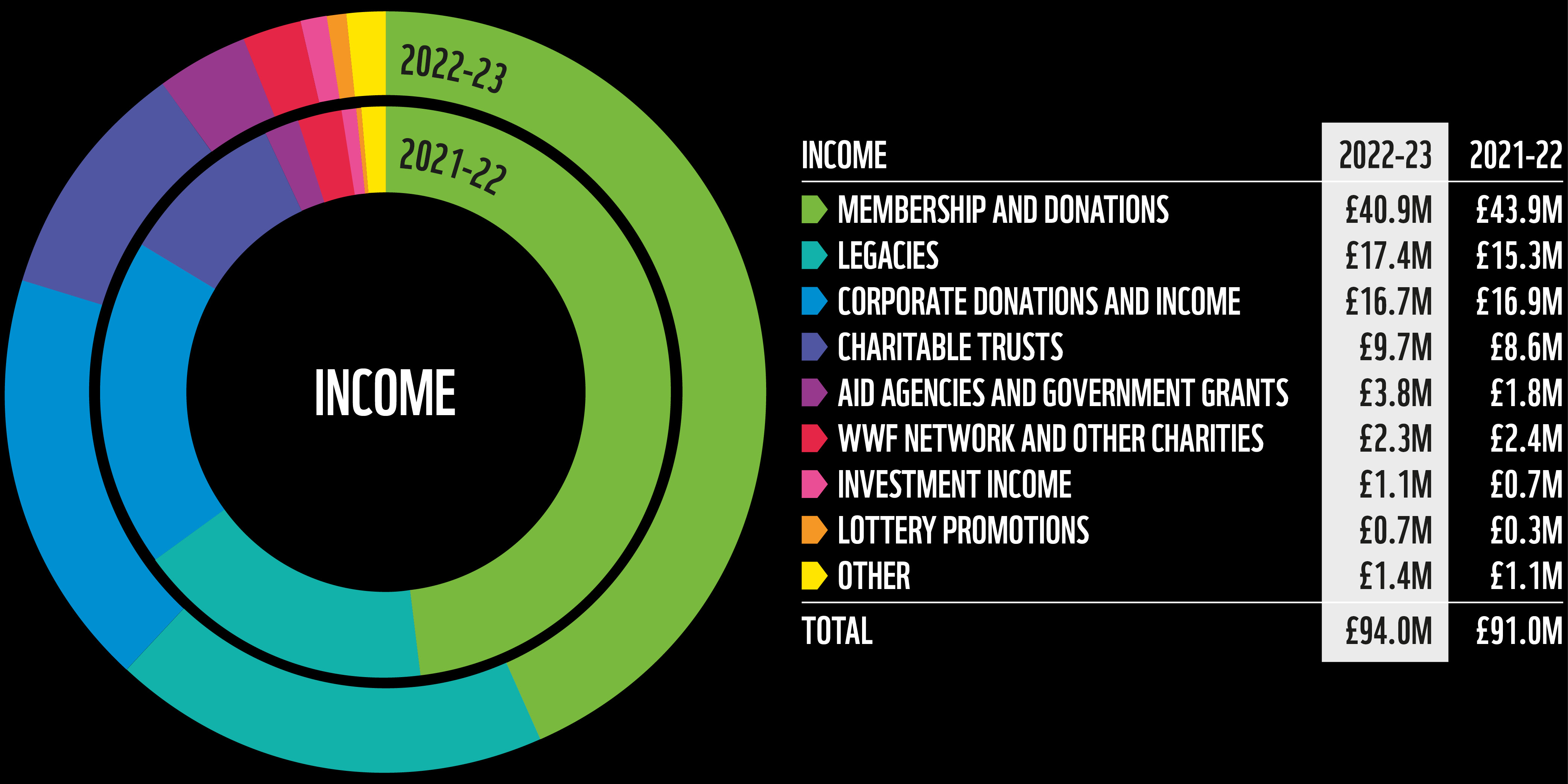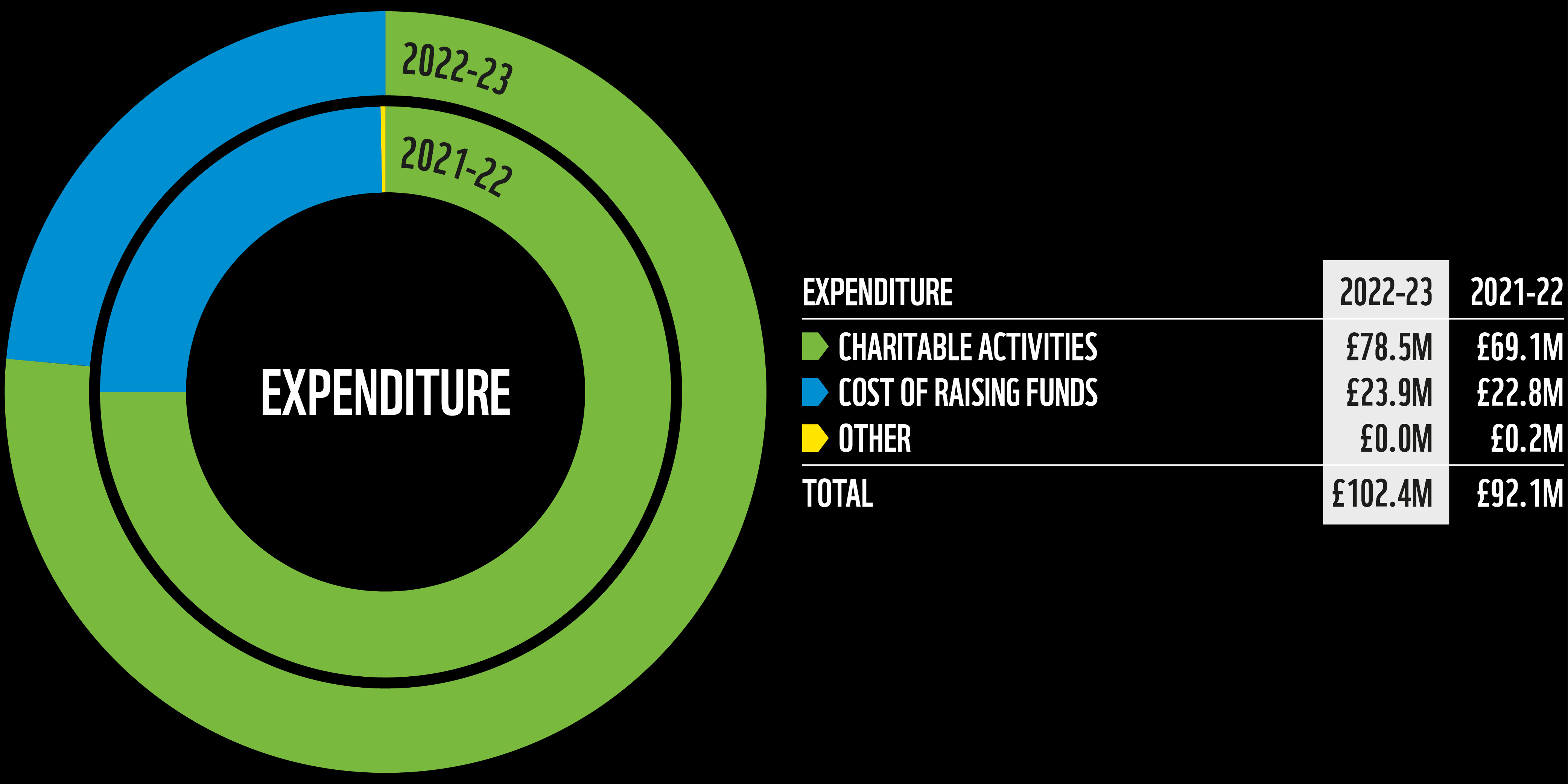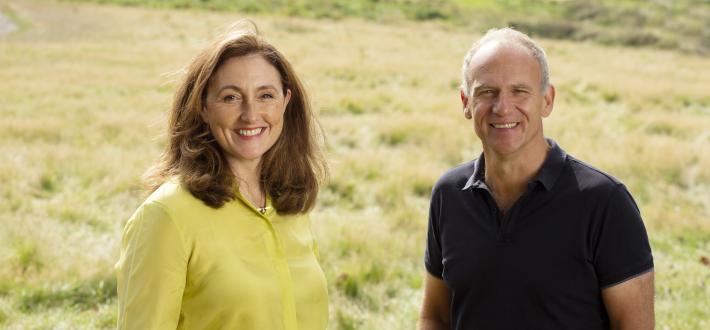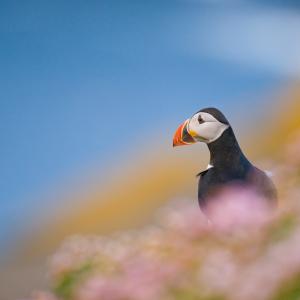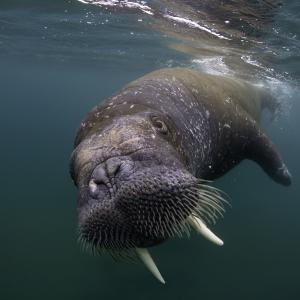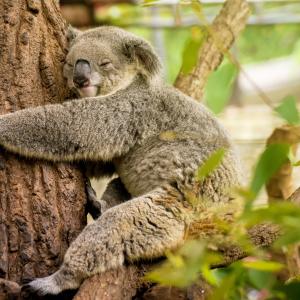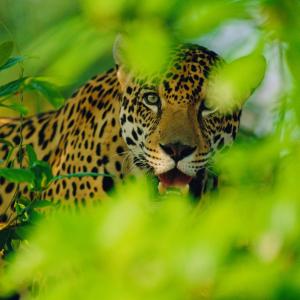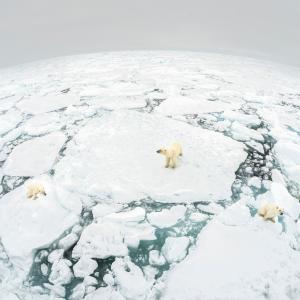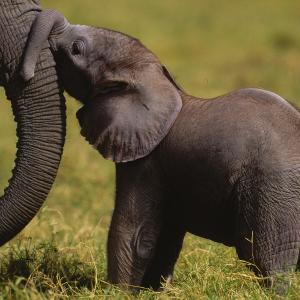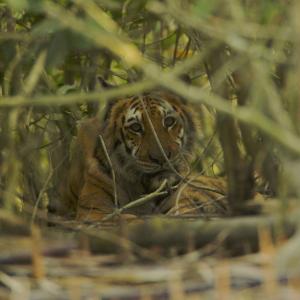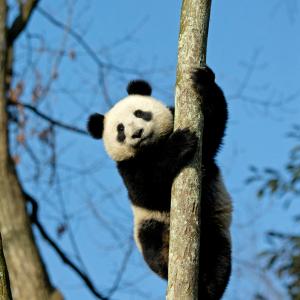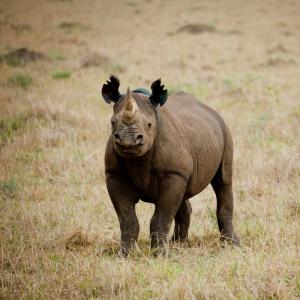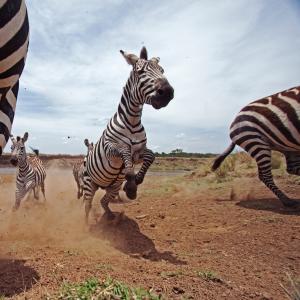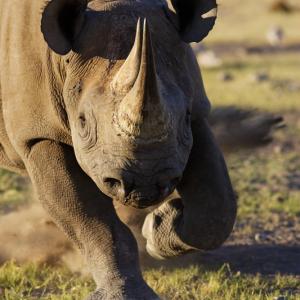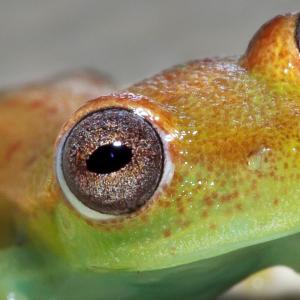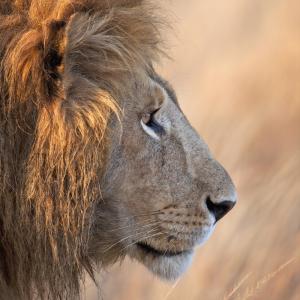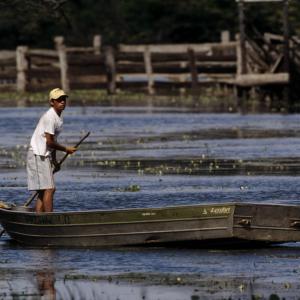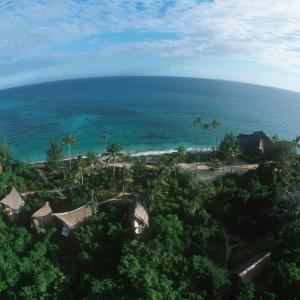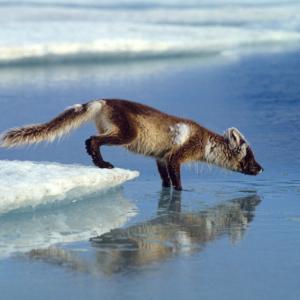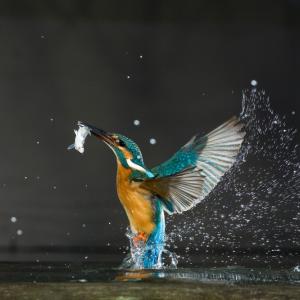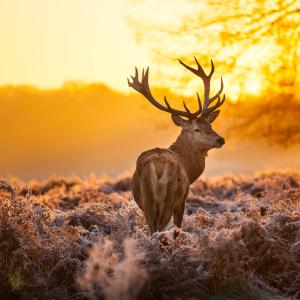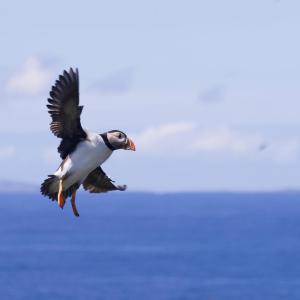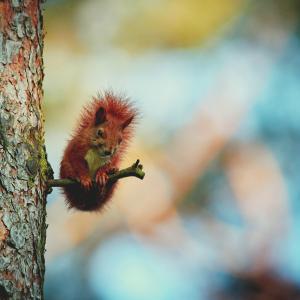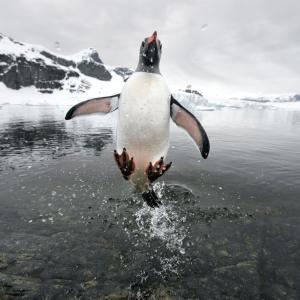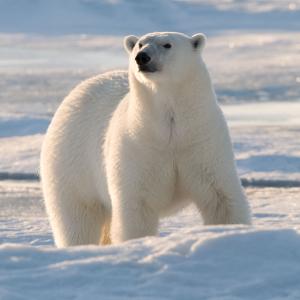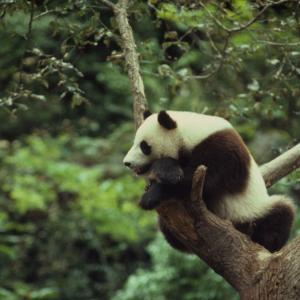It was a year when we saw concerning backward steps from political and business leaders on their environmental commitments. But we’re so grateful that in the face of these and other huge challenges, you have supported us to help bring nature and the climate back from the brink.
You’ll see in our annual report that we achieved many breakthroughs. For example, we successfully made the case for businesses to consider their impact on nature in their plans to transition to net zero. And we successfully called for new UK legislation to protect forests, which will require companies to ensure they avoid products from illegally deforested land.
Our support resulted in a new national park being announced in Colombia to protect some of the world’s richest biodiversity. And we helped with work that’s led to Kenya announcing its black rhino population has more than doubled since the 1980s, to more than 1,000.
We also continued to encourage people to get involved and help nature. We joined more than 200 organisations and 60,000 supporters at the Restore Nature Now march, to show the UK public wants urgent action. And working with partners, we supported 20,000 people in nearly 250 grassroots community projects for nature.
As well as our many successes, you’ll find our full financial review and an outline of our new strategy to keep us on track to see signs of nature’s recovery by 2030.
Our achievements and performance
How we’ve fared this year in each of our main goals to help us bring nature back to life.
Averting dangerous climate change
We were instrumental in influencing negotiations on agriculture and food at the UN climate summit, COP27, which led to a major win – a new four-year action plan on agriculture and food security that takes into consideration many WWF asks. And, to support a low-carbon, nature-positive economy, we successfully pressed for nature as well as the climate to be incorporated in the UK government’s climate transition plan guidance for companies and financial institutions. Read about these successes and much more here.
Creating a sustainable food system
This year, we and Tesco were successful in developing more detailed guidance on the food sector plans for companies to transition to a net-zero future that supports the recovery of nature. We published a first report on UK food retailers’ yearly progress towards our ambition to halve the environmental impact of UK shopping baskets by 2030. And through our work on the Eat4Change campaign, we encouraged 1.1 million people to make a shift towards more sustainable diets. Find out more about these and our other achievements under this goal.
Restoring threatened habitats and species
Our Amazon scientific briefing helped us make a powerful case for immediate action at the UN climate summit. In Asia, we were central to a vision to secure a viable future for the tiger. In east Africa, we continued our large-scale programme to maintain a healthy, connected landscape. And in the UK, we developed a ‘wholescape’ approach to test how best to ensure our land, rivers and seas can help meet net-zero targets and nature recovery. Read more about these breakthroughs and our other progress here.
Growing support
We’re incredibly grateful that despite a very challenging economic climate, the continued generosity of our supporters meant our income rose by 3.3%. Read about our work to engage with wider audiences through the BBC nature series Wild Isles and a campaign to inspire public and government action for nature. And find out about work we’re supporting through partnerships with Aviva, Sky, HSBC and the World Resources Institute, Tesco, Reckitt and Scottish Power – as well as new partnerships with John Lewis Partnership, Vodafone and a collaboration with NatWest.
Financial review
Here’s a summary of our income and expenditure for the year ending 30 June 2023, along with equivalent figures for the previous year.
Read more detail in our full Financial Statements.
